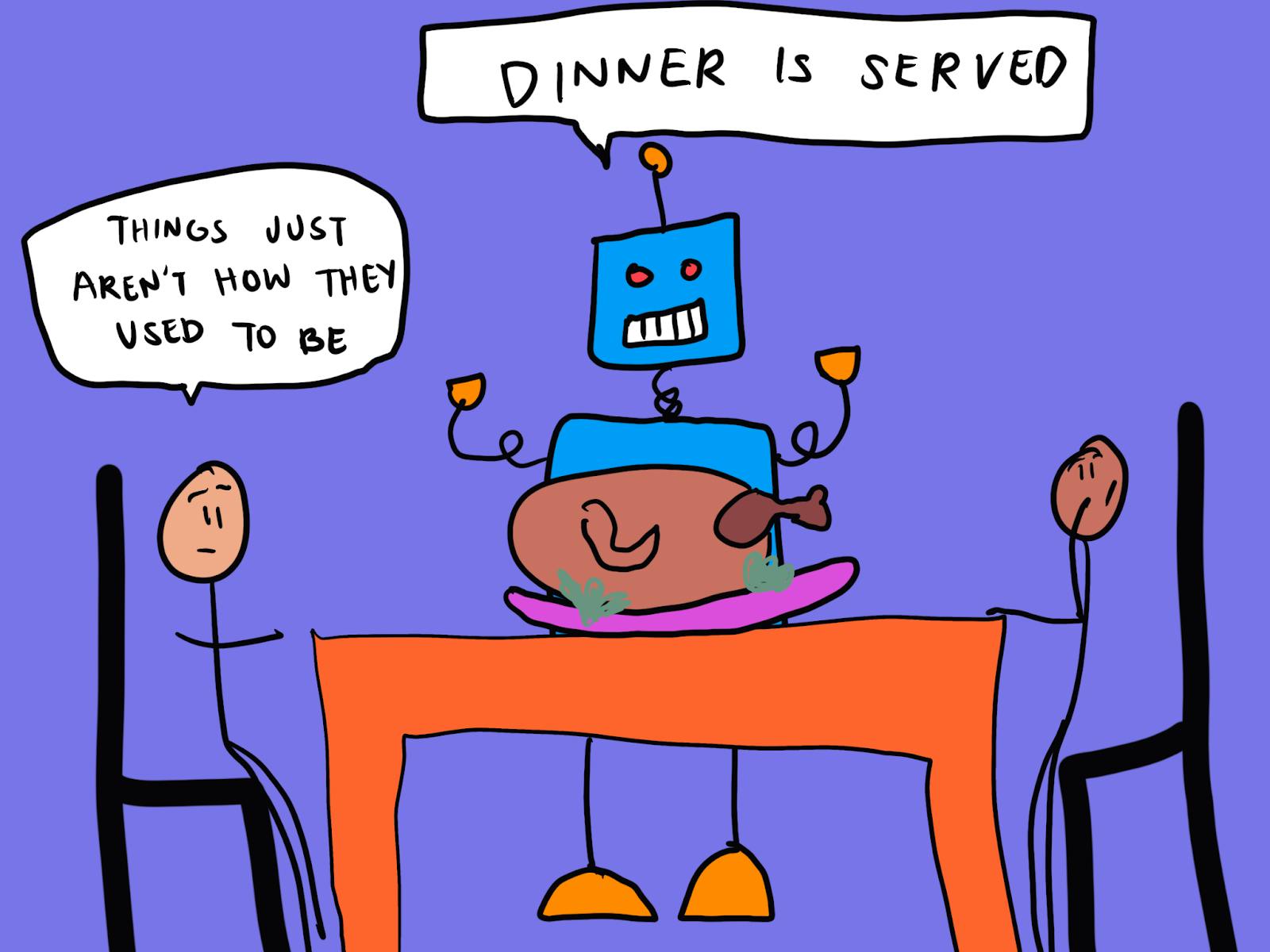Why do we think the good old days were so good?
Rosy Retrospection
, explained.What is Rosy Retrospection?
Rosy retrospection refers to our tendency to recall the past more fondly than the present, all else being equal. It is a cognitive bias that runs parallel with the concept of nostalgia, though the latter does not always directly imply a biased recollection. The phrase stems from the English idiom, “rose-tinted glasses,” where people see things as better than they were.

Where it occurs
Most people can relate to an experience where someone reflected on the “good old days” while lamenting present day society. Think of the nostalgic uncle at Thanksgiving dinner remarking how “things just aren’t how they used to be.” It seems that no matter the actual current state of affairs, people will always think that times were better in the past.
In the case of the nostalgic uncle, perhaps it is their recollection of a young adulthood free of worries and responsibilities and rich with pleasure that paints a rosy picture of the past. Meanwhile, the morning news shows global wars and domestic protests. Although it’s likely that there were similar wars and protests when they were younger, these are not the events they associate with their younger days. It is this discrepancy in recollection that creates the distorted perception.














